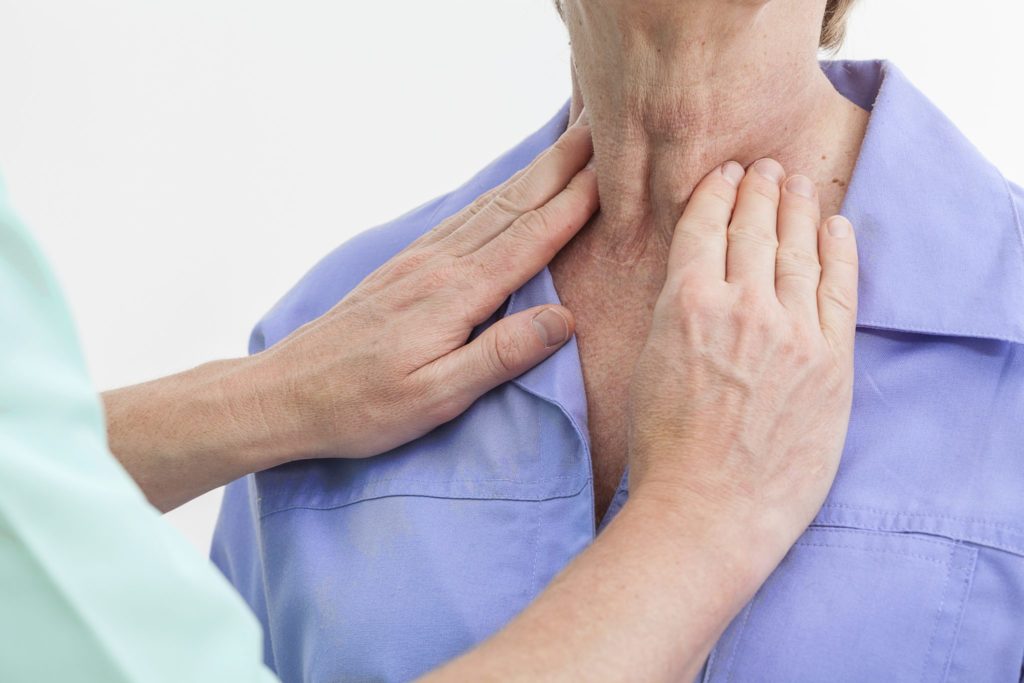Oral Cancer Screenings an Important Part of Dental Care

At Gates Family Dentistry, our Wilsonville dentist reviews each of our patients’ health records to determine his or her risk of oral cancer as part of our patient evaluation process. That’s because oral cancer screening has become a key component in protecting our patients’ long-term health. However, many of our patients are surprised that a visit to the dentist includes more than just a checkup of their teeth. A lot of patients don’t expect head and necks exams because they are unaware of their risk of oral cancer.
In the U.S., approximately 50,000 Americans will receive an oral cancer diagnosis this year, according to the Oral Cancer Foundation. The disease will result in the deaths of over 9,700 patients, roughly the equivalent of one person an hour, 24 hours a day. Of those nearly 50,000 patients newly diagnosed with oral cancer, only slightly more than 50 percent will still be alive in five years following their diagnosis.
While these numbers seem to suggest that oral cancer ranks as one of the hardest forms of cancer to treat, the truth is that when caught early the survival rate of an oral cancer diagnosis is remarkably high. Unfortunately, the majority of oral cancer diagnoses occur late in the disease’s development, well after the cancer has had a chance to metastasize to other areas of the body. This makes early detection of oral cancer a key component in successfully treating the disease.
With increasing awareness of cancers is should come as no surprise that in our Wilsonville dentist reviews and has implemented screenings for head/neck and intraoral cancers into our daily practices.
Oral Cancer Screening Process
What does a screening entail?
The first part is palpation of lymph nodes and glands along the head and neck region. Feeling under the chin, along the jaw, the joint, into the temporal region, along the base of the skull then down along the muscles of the neck to the clavicle. There are important glands, lymph nodes and muscles we are palpating for abnormal density/sensitivity.
It is good to feel the thyroid region and have people swallow to ensure proper movement. All the while evaluating the skin. I encourage all my patients to get regular skin checks with their doctors. Early detection is ideal. To finish up with this exam, an evaluation of lips, cheeks, tongue, and all tissues in the oral cavity into the back of the throat both visual and palpating when appropriate is completed. Now we can focus on your teeth!
In that past few years there has been research linking a number of oral cancers with certain strains for HPV. As adults we have likely been exposed to many of these strains and vaccination is not recommended. However, if you have children it is important to talk with their pediatrician about getting the HPV vaccination, usually between ages of 9 to 12. The vaccination is targeted to prevent the HPV strains that have been linked with developing cancers later in life.
Now you know why dentists are doing more than just looking at your teeth! Have a great day and happy spring!
